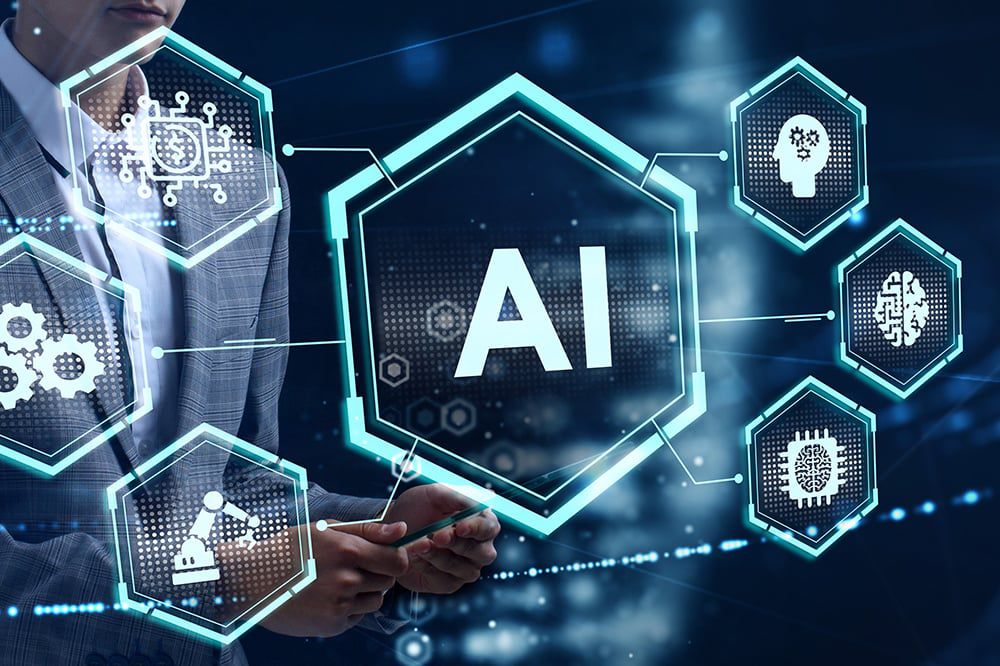
Artificial Intelligence (AI) is swiftly transforming the landscape of modern society, revolutionizing industries and reshaping daily life. As the world increasingly embraces AI technologies, its far-reaching impact is becoming more apparent across various sectors, prompting both optimism and concern among experts and the general public.
With AI becoming more sophisticated and accessible, industries like healthcare, finance, transportation, and manufacturing are witnessing significant advancements and improvements in efficiency. AI-powered algorithms analyze vast amounts of data, leading to more accurate diagnoses in healthcare, personalized financial recommendations, and streamlined logistics, among other breakthroughs. This has the potential to save lives, enhance economic growth, and increase overall productivity.
Moreover, AI-driven automation is rapidly changing the workforce landscape. While AI can augment human capabilities and create new job opportunities, it also poses challenges to traditional job roles. Certain routine tasks may be automated, leading to job displacement and the need for reskilling the workforce to adapt to the evolving job market.
AI’s influence also extends to the realm of ethics and privacy. The collection and use of massive data sets for training AI models raise concerns about data security, privacy breaches, and potential biases embedded within algorithms. Striking a balance between innovation and safeguarding individual rights remains a crucial challenge.
The rise of AI also sparks debates around the ethical implications of creating intelligent machines. Questions about AI’s moral responsibility, potential dangers in its unchecked development, and the possibility of it surpassing human intelligence in the future generate profound ethical dilemmas that require careful consideration and global cooperation.
In light of these opportunities and challenges, governments, policymakers, and organizations must collaborate to develop robust regulations and guidelines for the ethical use and deployment of AI technologies. Ensuring transparency, fairness, and accountability in AI systems will be vital in fostering public trust and confidence in the technology.
As AI continues to evolve, society must adapt to harness its potential for the greater good while mitigating potential risks. Public awareness and engagement in discussions about AI’s impact on society will be instrumental in shaping a future where AI serves as a force for positive transformation while upholding ethical values and safeguarding human welfare.
Rice, a staple for Christmas celebrations in Nigeria, has become a luxury this year. Soaring…
Panic erupted on Saturday at a concert in Lagos when the stage collapsed during Odumodublvck’s…
The Federal Government of Nigeria has allocated ₦6,364,181,224 billion for the refurbishment and rehabilitation of…
The black market dollar to naira exchange rate for today, 22nd December 2024, can be…
The Nigerian National Petroleum Company Limited (NNPCL) has refuted claims that the 60,000 barrels per…
Manchester City finds itself in unprecedented turmoil, with relegation-level form showing little sign of improvement.…